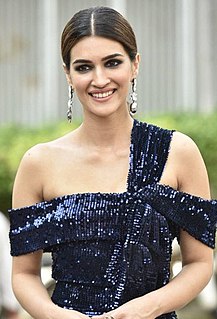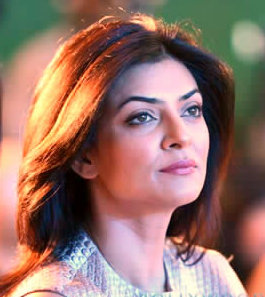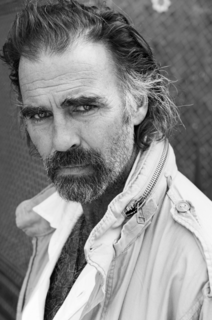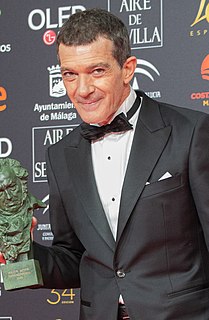A Quote by Mani Ratnam
Rahman is very very director friendly. He is ever ready to go whichever the director wants, the story wants, depending on the kind of movie or the music you want, and within that he finds his niche. It is a constantly complementary process. At the end of the day he is not pleasing you, he has to please himself.
Related Quotes
With a director it's all about the work; I'd work with a great director over - you know, I'm not the kind of actor who that doesn't go, 'I want to play this role.' It's more like, 'I want to work with this director,' regardless of what the role is because if it's a good director, you'll probably find a good role because it's a decent film. But a mediocre director will always make a mediocre movie.
When I'm in the studio, I write the music, I play the different instruments, I produce it, I arrange it, and it's a self-indulgent exercise. It's the way I make my music. And when I'm acting, I get to leave myself behind, which is a relief. I get to collaborate with a director; I respect the director's medium and all the actors and actresses. So at the end of the day, it's about a character and it's about a director's vision. It's a really good balance for being so intense and alone in my personal process of making music.
Sudheer Varma is very easy going and very confident director. He knows exactly what he wants. He has a very good vision and knows how many shots he wants for a scene. He is super fast. He gives freedom for actors to try different things. The atmosphere on the sets was never serious. We had great fun working together.
I think one of the things you have to be aware of as an actor is that if you come on the set and see the director standing there mouthing all the words while a scene is going on, that's usually a very bad sign because it means the director has already shot the scene in his head. He knows exactly the rhythm and the nuances that he wants delivered in the line and you're not going to dissuade him.
A strong film director does leave you to your devices. A strong director allows you to be free and you trust that he's there and he will tell you if you've gone too far. A strong director allows you to be much more experimental and take greater chances than a director who isn't secure within himself.
A good director creates a playground for actors, and lets them go. The trick for a good director is in casting properly, and creating the playroom, and then they'll get stuff that they don't expect, and can't even direct. All the audience wants to believe is that whatever is happening, it is happening for the first time. They want to see the people within the work exchanging dialogue and action in that moment. There are not a lot of actors that can do that.
I discovered very soon, especially for movies, because I started in theater, that every director has his own universe. You have to be free enough to try to understand what he wants from you. Especially when that director has a tremendous personality. And I'm talking about people like Pedro Almodovar and Robert Rodriguez and Quentin Tarantino and Woody Allen. And you have to adapt. If you don't adapt to them, you are off the thing.






































